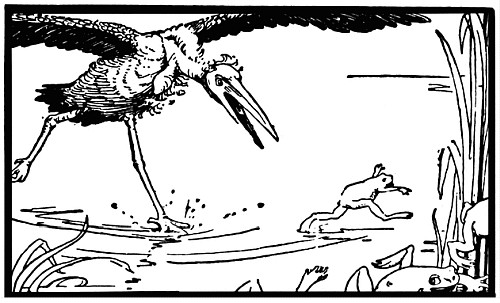Drivers of expensive cars tend to drive their privilege
My gut feeling borne out . . . Drivers of expensive cars are more likely to drive like jerks. These studies explore driver behavior in four-way intersections.
A research team including Berkeley psychologists Paul Piff and Dacher Keltner have been examining the way social status and wealth affects morality. Their findings — which are getting a lot of media attention — broadly show that wealthier, higher-status individuals are, essentially, more likely to cheat.I've explored this topic previously here. John Nichols and William McChesney gathered enough evidence on this topic of wealth privilege to fill an entire book: Dollarocracy: How the Money and Media Election Complex is Destroying America. Also, check out the new podcast of Michael Lewis, Against the Rules. I've only heard the intro podcast so far ("Ref, You Suck"), but this is podcasting at its best.
The study at the top, involving an simple traffic intersection with simple well-known rules, seemed like an especially good illustration that a disproportionate number of wealthy people feel and act out their privilege, even out in the open.


